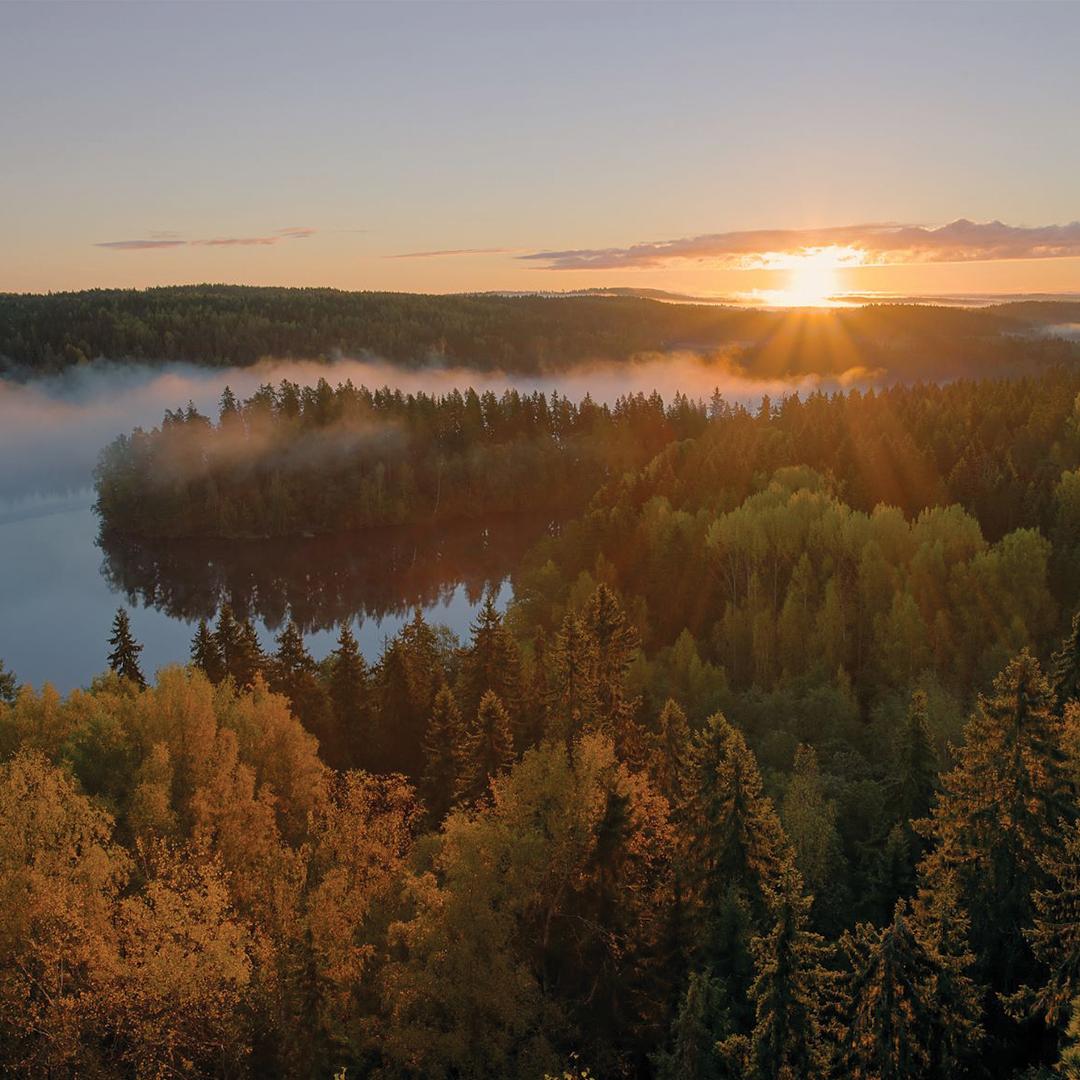Sustainability and profitability in long-term partnerships
For many companies and municipalities, the step from fossil fuels to sustainable energy is a big one. It requires capital, competence and preferably specific knowledge of laws and regulations. Just the kind of thing that Adven specializes in.
–We can take care of the entire energy chain. We streamline, adapt to needs and reduce emissions while the customer focuses on their own production, says Anders Ericsson, CEO of Adven.
The chain that Anders Ericsson talks about is the concept Energy as a Service®. This means that Adven designs, invests, builds, and operates the energy plants according to each customer’s specific situation. The system is then continuously developed to last at least 15-20 years, usually longer.
With this model, Adven has become a catalyst in the industry’s energy transition from fossil to renewable. Valio, Danone, Arla, Nynäs, Nouryon, Stora Enso, Mirka and Kemira are some of the companies that, in collaboration with Adven, have been able to improve the resource efficiency of their operations. Usually with a remarkable reduction in CO2 emissions as a result.
–We want to both facilitate and speed up the transition, but we also want to contribute to increased profitability, emphasizes Anders Ericsson.
Increased capacity
A common effect of upgraded energy or water facilities is cost savings. When the engineers at Adven take advantage of residual products, side streams, excess heat, steam and water, the energy requirement decreases. For several companies, the new energy system has also led to increased capacity, for example at Arla, Nynäs and AB Karl Hedin.
–We are also not tied to certain suppliers, but can freely base our development on each individual customer’s own wishes when developing a new facility, says Henrik Johansson Casimiro, SVP, Industrial Energy Solutions.
An example of ingenious recycling is the Finnish Viking Malt, one of Europe’s largest malt producers and today also one of the most energy-efficient. Here, the collaboration with Adven has resulted in an integrated system where cooling and heating are produced simultaneously. Waste heat accounts for 65% of the heat demand and the residual product grain shells are used as fuel.
Robust district heating
Adven has had long and close collaborations also beyond the industrial. The company produces and delivers district heating in 100 networks in four different countries. Heat, that is supplied for industries, municipalities, and house and property owners.
In Sweden, the newest heating plant in Säffle, is powered by a new and flexible fuel boiler. It can handle a variety of renewable and recycled energy sources.
The residents of Säffle are thus relatively independent of changes in the fuel market. Today it is sorted waste from the wood and paper industry that is used, waste that would otherwise be sent to landfill.
–The advantages are not only that we reduce the waste mountain, but also that we do not use, for example, electricity. We leave that resource to others, who may have to have it, Anders Ericsson points out.

 Newsletter
Newsletter